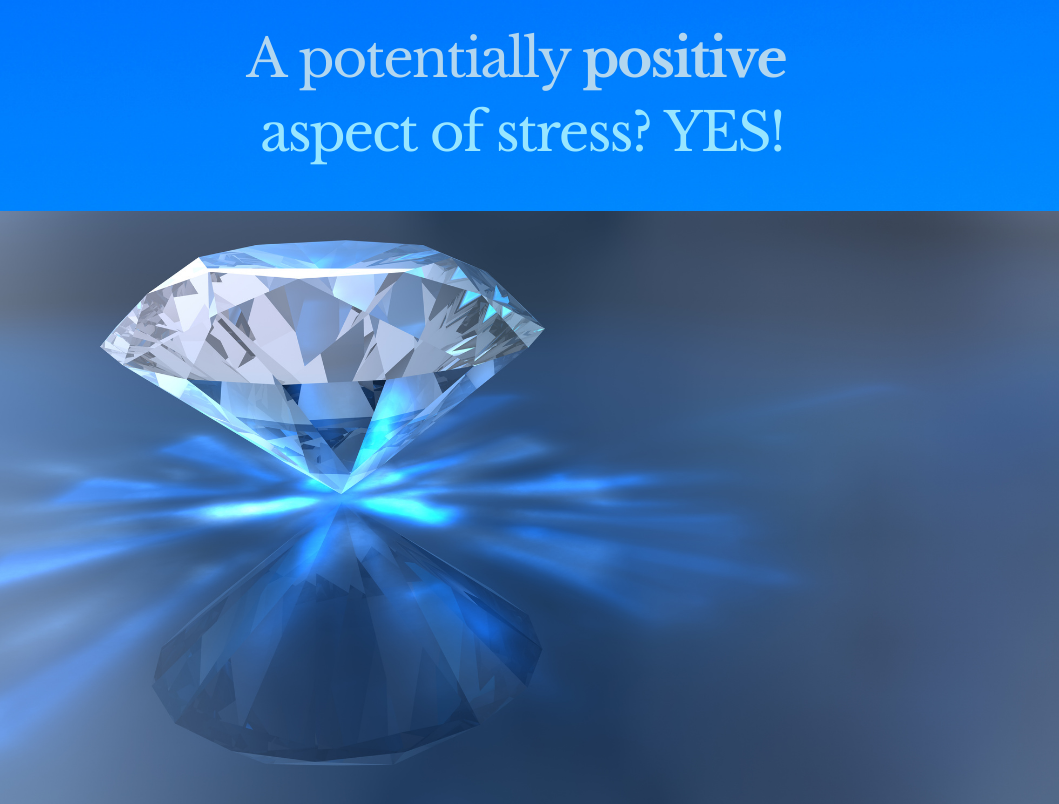Eustress vs Distress
Eustress vs Distress | Are you feeling motivated or overwhelmed? The answer depends on the stressor that triggered the response (and the manner in which it’s interpreted).
The term was coined by Hans Selye in 1974. In his paper, Psychopathology of human adaptation, Hans explains that all stress is the “response of the body to any demand that it receives” and that “all living beings are constantly under stress.”
In physiological terms, stress is a normal response to any kind of “stressor.” And physically, stress activates the nervous system and triggers the release of adrenaline and cortisol. Stressors include both internal and external conitions that are bothersome or difficult such as disturbing thoughts, painful physical sensations, difficult emotions or memories, and concerning situations or circumstances.
What is Eustress?
Have you’ve heard about the lesser-known concept of Eustress?
Are there certain things that you continue to delay scheduling or completing because you know you’ll do a better job if you just wait until the absolute last minute? Why is it that we end up rushing to catch up on some of the most critical parts of our lives? Do we actually experience more success at work under pressure?
According to prominent researchers in New Zealand, basic stress is an important component for learning and anything connected to “stress‐related growth.” And Eustress, specifically, has been positively correlated with the high-performance levels of world-class athletes, artists, and geniuses of all kinds.
It’s often described as “a beneficial, healthy, and optimal amount of stress, associated with positive feelings,” which is in deep contrast to the more commonly known feeling of dis-stress. It explains the phenomenon that of why many experience more success at work under pressure.
What is Distress?
Distress is caused when we assume the stressor is not within our control or ability to change. When we experience Distress, we feel overwhelmed and helpless and because we are unable to implement a solution.
Eustress vs Distress | What am I feeling?
Eustress vs Distress | Common responses and reactions
Responses associated with Eustress:
- Finding meaning and value in the stressor or situation
- Experiencing feelings of confidence in solving the problem
- Striving for excellence in the required actions to be successful
- Excitement about the situation ahead
- A feeling of optimism and hope for a positive final outcome
Responses connected to Distress:
- Perceiving the stressor as overwhelming and impossible
- Feeling hopeless, insecure, and lacking confidence
- Concerned about taking actions that may fail
- Overthinking about a negative final outcome
Interested in learning more about stress research? The American Institute of Stress
Recommended for you:
Joe Dispenza – “Learn the Science of Changing your Mind”
Get this FREE GUIDE to learn about his TOP RESOURCES you can start using NOW!
Explore the latest in neuroscience tools for growth-mindset brain hacks
What exactly is a brain hack? Some explain it as a “strategic technique centered around universal human biology, with the goal of altering functions such as perception, focus, or awareness.” Read on to learn what the experts (like Dr. Andrew Huberman of Huberman Lab podcast) are sharing.
GrowthLenses Roots
GrowthLenses Roots are short features created to inform readers about some of the latest concepts and tools that inspire personal growth.
GrowthLenses MindSet
GrowthLenses MindSet articles were created to educate and inspire readers, featuring our favorite thought leaders, authors, and resources.

